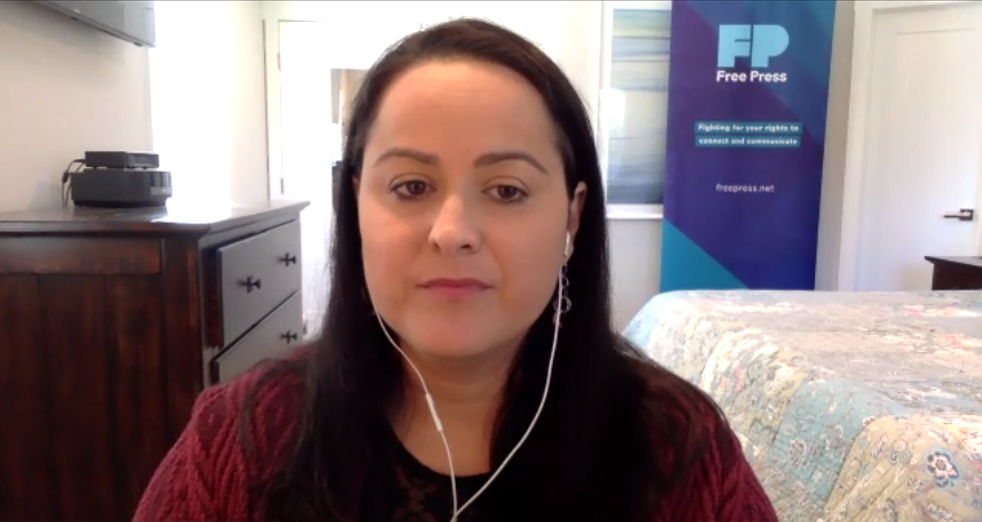Leader of the Stop Hate for Profit Campaign Believes Public Sentiment Towards Facebook is Shifting
July 30, 2020 — In a Wednesday hearing, Facebook CEO Mark Zuckerberg was questioned by Rep. Val Demings, D-Fla., about a statement he made regarding mounting pressure from the Stop Hate for Profit Campaign, the most successful digital advertising boycott to date. Demings cited Zuckerberg saying that










Member discussion